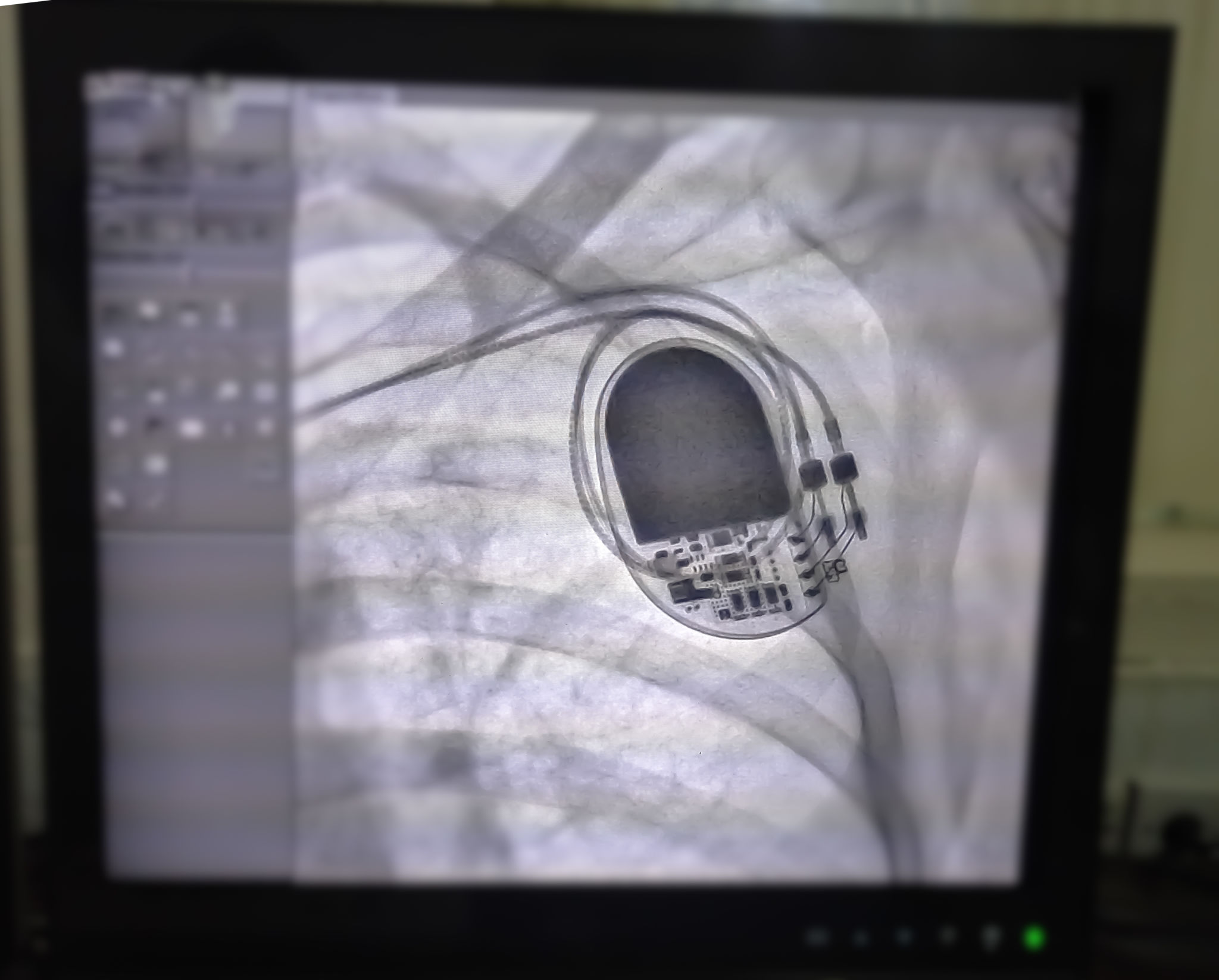Understanding Electrophysiology: A Comprehensive Guide for Researchers
Introduction to Electrophysiology
Electrophysiology is a branch of physiology that deals with the study of the electrical properties of biological cells and tissues. It involves measuring voltage change or electric current flow on a wide variety of scales from single ion channel proteins to whole organs like the heart. Understanding electrophysiology is crucial for researchers who are investigating the electrical activities of living organisms.
This field is indispensable in exploring the intricate communication networks within cells and tissues. Electrophysiological studies can reveal insights into how cells communicate, how muscles contract, and how neurons transmit signals. For researchers, a strong grasp of electrophysiology is essential for advancing knowledge in biomedical sciences.

The Basics of Electrophysiological Techniques
Electrophysiological techniques are used to study the electrical properties of cells and tissues. These techniques include patch-clamping, voltage-clamping, and electrocardiograms (ECGs). Each method has unique applications and provides different types of data, which can be critical for various research objectives.
Patch-clamping is a widely used technique that allows researchers to record currents from individual ion channels on cell membranes. Voltage-clamping, on the other hand, helps in understanding the ionic currents across cell membranes by holding the membrane potential at a constant level. ECGs are commonly used in medical settings to monitor heart activity and diagnose cardiac conditions.

Key Instruments Used in Electrophysiology
To perform electrophysiological studies, researchers rely on a range of instruments. Some of the key tools include:
- Amplifiers: Used to record small electrical signals from cells.
- Oscilloscopes: Allows visualization of voltage changes over time.
- Microelectrodes: Fine-tipped electrodes used to measure electrical activity within cells.
Each instrument plays a crucial role in accurately capturing and analyzing electrical phenomena, enabling researchers to draw meaningful conclusions from their experiments.

Applications of Electrophysiology in Research
Electrophysiology is pivotal in numerous research areas, including neuroscience, cardiology, and pharmacology. In neuroscience, it helps in exploring the electrical activities of neurons and understanding brain functions. This knowledge is vital for developing treatments for neurological disorders such as epilepsy and Parkinson's disease.
In cardiology, electrophysiological techniques are employed to study heart rhythms and diagnose arrhythmias. Researchers can gain insights into the mechanisms underlying heart diseases and devise targeted interventions. Pharmacological research also benefits significantly from electrophysiology by evaluating how drugs affect ion channels and cellular excitability.
Challenges in Electrophysiological Research
Despite its powerful applications, electrophysiological research comes with challenges. Accurate measurements require precise instrumentation and technical expertise. Artifacts and noise can also complicate data interpretation, necessitating meticulous experimental design and analysis techniques.
Furthermore, understanding complex biological systems requires integrating electrophysiology with other approaches such as imaging and molecular biology. This multidisciplinary approach can help overcome some limitations and provide a more comprehensive view of cellular functions.

The Future of Electrophysiology
The future of electrophysiology looks promising with advancements in technology and methodology. Emerging techniques such as optogenetics and advanced imaging modalities are enhancing researchers' ability to manipulate and observe electrical activities with unprecedented precision.
As technology continues to evolve, electrophysiologists will have access to tools that allow for more detailed investigations into how electrical activities govern biological processes. This progress holds great potential for breakthroughs in understanding complex diseases and developing innovative treatments.
In conclusion, electrophysiology remains an essential field in biomedical research, offering profound insights into the electrical nature of life. For researchers dedicated to unraveling the mysteries of biology, mastering electrophysiological techniques is a critical step toward advancing scientific knowledge.